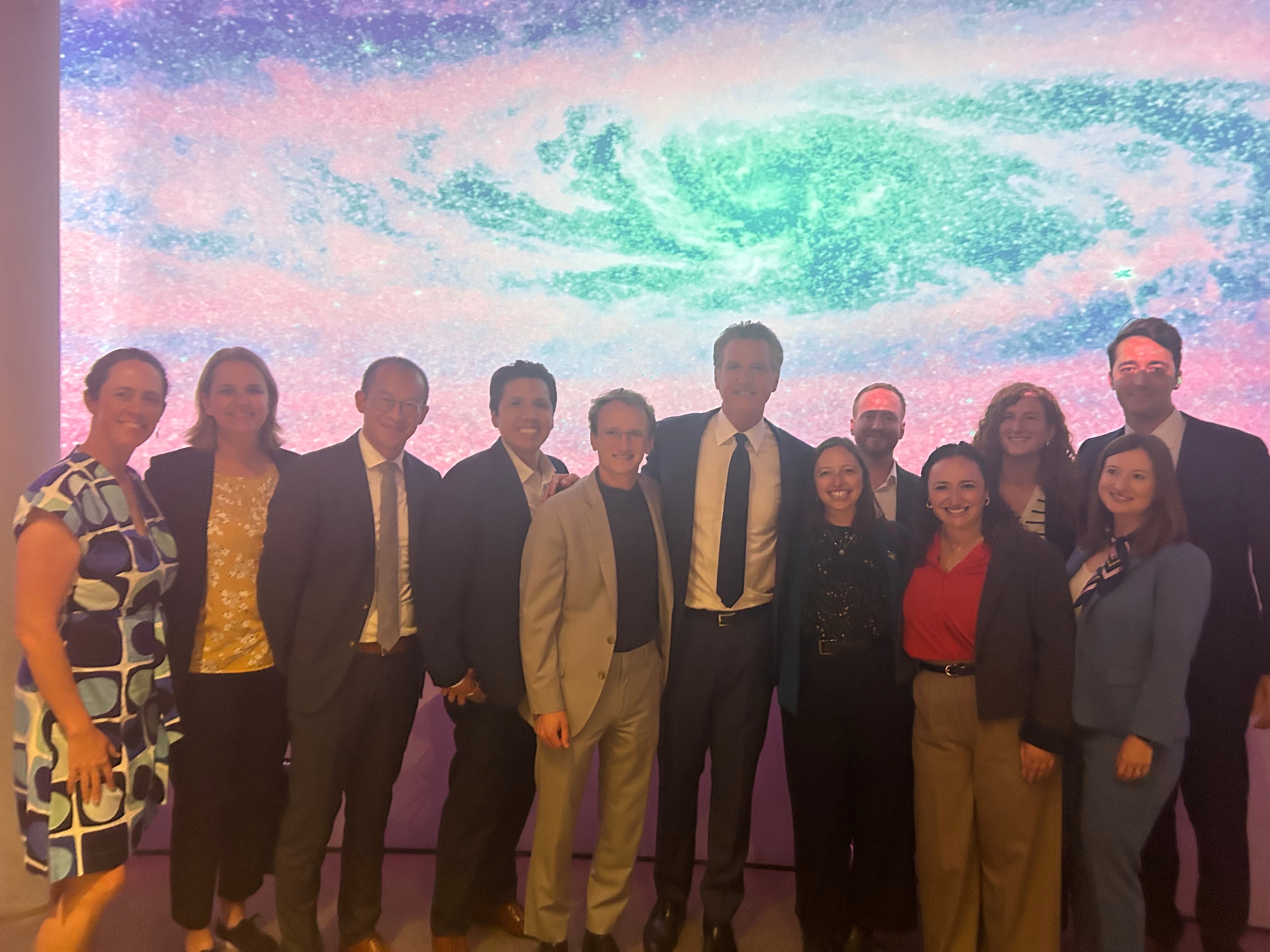
As California lawmakers approved a major climate package this fall—extending the state’s cap-and-trade program for another 15 years—Associate Professor Kyle Meng, an environmental economist at UC Santa Barbara’s Bren School of Environmental Science & Management, has played a key role in informing the debate. Meng, who also directs the Climate & Energy Program at UCSB’s Environmental Markets Lab (emLab), has been a leading voice on the economic and equity impacts of California’s flagship carbon-pricing system.
In recent testimony and public commentary, Professor Meng emphasized that the cap-and-trade program remains one of the world’s most effective climate policies, driving emissions reductions while generating billions in revenue for clean energy, transportation, and housing investments. His research has shown how the state could use that revenue to ease energy costs for Californians—particularly low-income households—by redirecting climate credit funds to lower retail electricity prices and improve affordability without weakening the emissions cap.

Meng’s work underscores the balance between environmental ambition and economic practicality. He has highlighted that while California must stay the course on decarbonization, maintaining public support through fair and affordable energy policies is crucial to the state’s long-term climate success.
Through his dual roles as researcher and policy advisor, Professor Meng exemplifies the Bren School’s mission of uniting rigorous environmental science with real-world solutions. His contributions to California’s latest climate legislation illustrate how data-driven policy design can sustain both climate progress and social equity in a rapidly changing political landscape.




